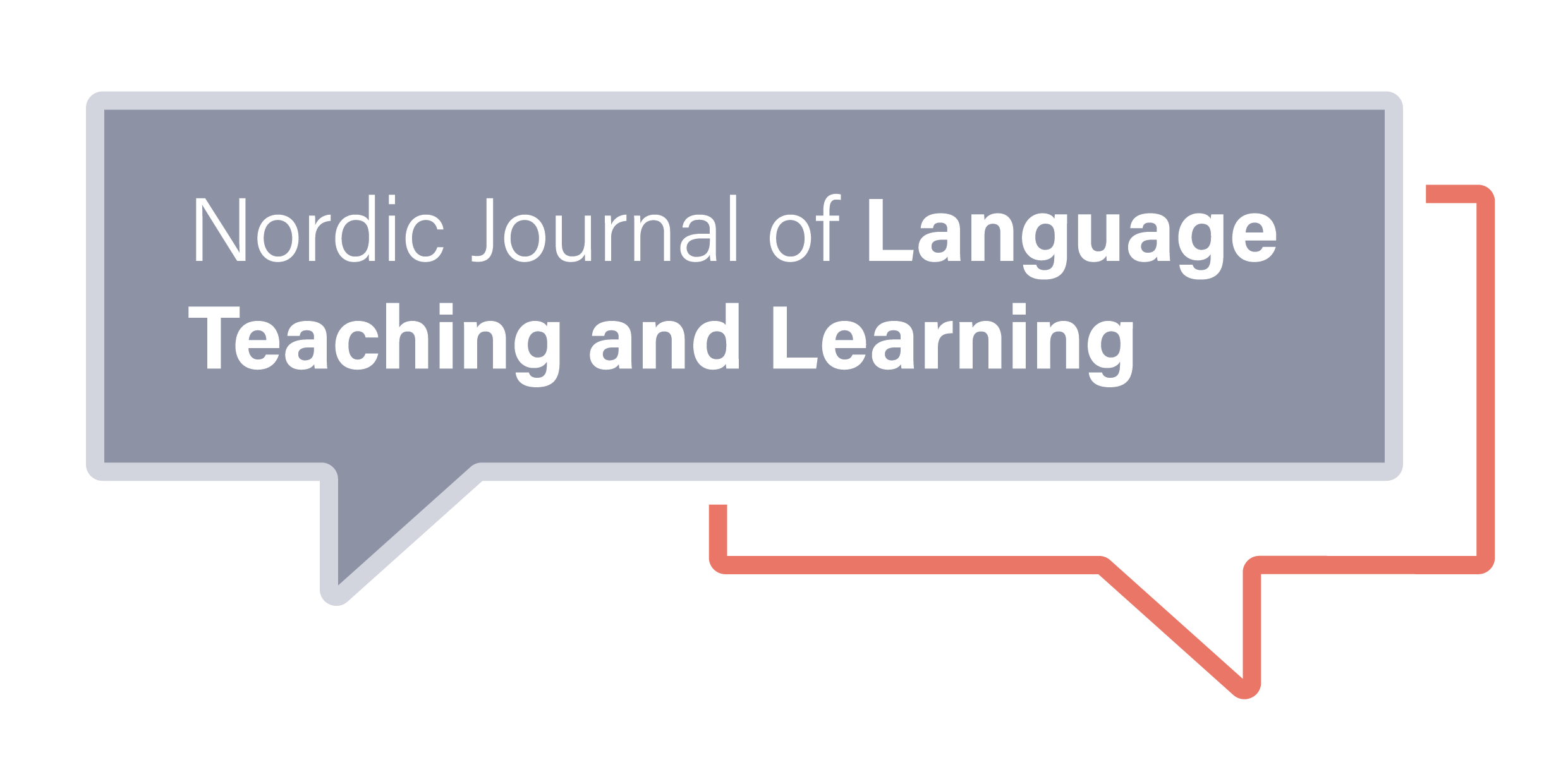Multilingualism in curriculum reform (LK20) and teachers’ perceptions: Mind the gap?
Abstract
The present study investigates the dichotomous relationship between the official language policies celebrating multilingualism in education on the one hand, and the practice field facing practical challenges concerning their students’ multilingualism on the other hand (Cummins & Persad, 2014; Lundberg, 2019). Document analysis of LK20 and focus groups of teachers were used to investigate two research questions; 1) Which aspects of multilingualism are represented in the core curriculum and in the subject curricula of English, Foreign languages and Norwegian in LK20? and 2) How are aspects of multilingualism in LK20 perceived by teachers of English, Foreign languages and Norwegian?
The findings indicate that there is a gap between the intentions of the ideological curriculum and the perceived and experiential curricula of teachers and students (Goodlad, 1979). When LK20 states that “All pupils shall experience that being proficient in a number of languages is a resource, both in school and society at large”, the teachers report that this normative assumption may place too much responsibility on different stakeholders such as students, as some are reluctant to display their multilingual repertoires in class. Furthermore, although the intentions at the ideological level of LK20 seem clear, the operational level remains unclear, since how this claim is to be applied in the classroom is not specified. This, in addition to the fact that multilingualism is conceptualized in a different way in the three language subject curricula of English, Foreign Languages and Norwegian, may explain why teachers report that, despite being positive towards linguistic diversity, they are insecure concerning the operationalization of multilingualism in their classrooms.
Keywords: multilingualism, plurilingualism, operationalizations of multilingualism, language policies

Copyright (c) 2021 Gro-Anita Myklevold

This work is licensed under a Creative Commons Attribution-NonCommercial 4.0 International License.
Authors who publish with this journal agree to the following terms:
a. Authors retain copyright and grant the journal right of first publication with the work simultaneously licensed under a Creative Commons Attribution License that allows others to share the work with an acknowledgement of the work's authorship and initial publication in this journal.
b. Authors are able to enter into separate, additional contractual arrangements for the non-exclusive distribution of the journal's published version of the work (e.g., post it to an institutional repository or publish it in a book), with an acknowledgement of its initial publication in this journal.
c. Authors are permitted and encouraged to post their work online (e.g., in institutional repositories or on their website) prior to and during the submission process, as it can lead to productive exchanges, as well as earlier and greater citation of published work (See The Effect of Open Access).
PRIVACY STATEMENT
The names and email addresses entered in this journal site will be used exclusively for the stated purposes of this journal and will not be made available for any other purpose or to any other party.




